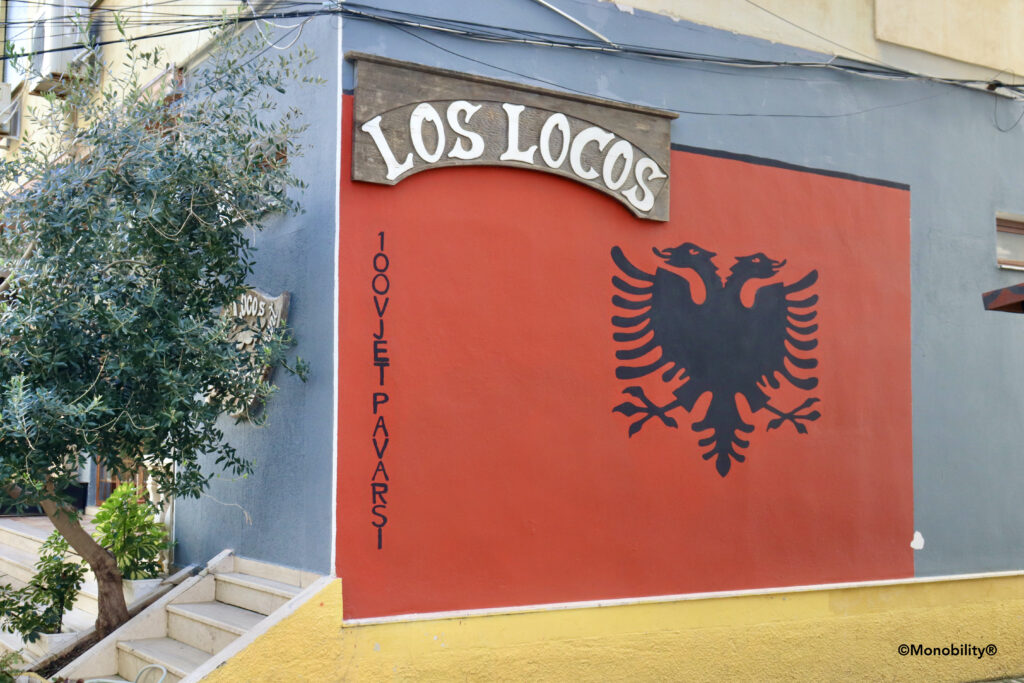As a noun, 영광(榮光) means “glory.” But when it is used in a classic phrase 영광입니다, the sentence can only be translated as “It is an honor,” or “I am honored,” since no English speaker would say “It is my glory” (to meet you, etc.) The classical usage of this highly courteous sentence is to specify the reason for being so honored. Then how do you say the reason? Add -게 되어 after the verb stem. The particle -게 되어 literally means “because now I can (do something)” or “as I (finally) came to (do something),” expressing the reason and implying the process of achieving the action of the verb:
- 만나뵙게 되어 영광입니다 It is an honor to meet you [ 만나뵙다 honorific form of 만나다 to meet ]
- 여러분의 멋진 팀에 합류하게 되어 영광입니다 It is my honor to join your fantastic team [ 합류하다 to join ]
- 함께 일하게 되어 영광입니다 I am honored to work with you [ 일하다 to work ]
A word of caution: Aside from formal and professional situations as in the above examples, it is better to use this highly courteous expression sparingly, only to someone of great reputation or a celebrity you respect or admire. Otherwise, it may sound sarcastic and you may experience a backfire, depending on who you’re talking to. Try not to say this to your rival or opponent. A part of the following video shows why. 🙂
At 0:39, she said, “It is an honor to introduce …” What exactly did she say in Korean?
우리가 이 세계에 잠시 머무는 의미는 무엇일까요? 이 세계에서 우리가 끝끝내 인간으로 남는다는 건 얼마나 어려운 일일까요? 가장 어두운 밤에 우리의 본성에 대해 질문하는, 이 행성에 깃들인 사람들과 생명체들의 일인칭을 끈질기게 상상하는, 끝끝내 우리를 연결하는 언어를 다루는 문학에는 필연적으로 체온이 깃들어 있습니다. 그렇게 필연적으로, 문학을 읽고 쓰는 일은 생명을 파괴하는 행위들의 반대편에 서 있습니다. 폭력의 반대편인 이 자리에 함께 서 있는 여러분과 함께, 문학을 위한 이 상의 의미를 나누고 싶습니다. 감사합니다.
What is the meaning of our brief stay in this world? How difficult is it for us to remain human, come what may? In the darkest night, there is language that asks what we are made of, that insists on imagining into the first person perspectives of the people and living beings that inhabit this planet; language that connects us one another. Literature that deals in this language inevitably holds a kind of body heat. Just as inevitably, the work of reading and writing literature stands in opposition to all acts that destroy life. I would like to share the meaning of this award, which is for literature, with you — standing here in opposition to violence together. Thank you.
한강 Han Kang, from Nobel Banquet Speech, December 10, 2024
Monobility® Group



